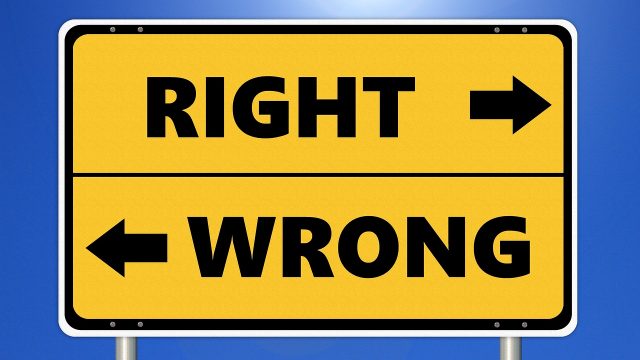By Craig D’Souza
Ethics in conformity assessment is not just about avoiding scandals or legal violations. It’s about upholding a system that enables innovation, trade, and consumer confidence. As technology evolves and global supply chains become more complex, the stakes grow ever higher.
What are ethics in conformity assessment?
- Integrity in action. Making decisions based on evidence, not influence
- Transparency. Clear, open communication of findings, methods, and limitations
- Impartiality. Keeping personal, commercial, or political interests from shaping outcomes
- Confidentiality. Protecting sensitive client data and intellectual property
Why it matters
- Protects credibility. A single lapse can erode trust across the whole sector
- Safeguards public interest. Ensures that products, systems, and services are safe, compliant, and reliable
- Drives industry respect. Ethical conduct attracts high-quality clients and strengthens professional reputation
- Supports fair competition. A level playing field where decisions are based on merit, not favoritism
How the industry can lead
- Embed ethics into governance. Align codes of conduct with ISO 17021, ISO 19011, and related standards
- Train for integrity. Establish ongoing professional development on ethics and impartiality
- Use peer review and oversight. Identify bias or procedural drift before it becomes a systemic issue
- Encourage speaking up. Protect whistleblowers and value constructive challenges
Auditor behavior: The good, the bad, and the ugly
The good
- Prepare thoroughly, follow process, and make evidence-based decisions
- Act respectfully and professionally and are clear in their communication, even when delivering tough findings
- Are willing to challenge assumptions and ask the right questions without bias
The bad
- Fail to declare any conflicts of interest with clients (actual or perceived)
- Skip key steps or take shortcuts to “get the job done faster”
- Avoid difficult findings to keep clients happy
The ugly
- Accept inducements or incentives in exchange for favorable reports
- Misrepresent evidence or fabricate results
- Act in an intimidating, dismissive, or aggressive manner toward clients or colleagues
In an industry built on trust, impartiality, and credibility, ethics isn’t just a “nice to have”— it’s the backbone of every decision, audit, and recommendation. Without it, the entire conformity assessment ecosystem risks losing its purpose and public confidence.
The final takeaway
Ethics in the conformity assessment industry is not negotiable. It’s what transforms an audit from a “tick-the-box” exercise into a credible, respected process that protects lives, reputations, and industries. When every decision is made with fairness, transparency, and integrity at its core, we not only meet the standard—we set it.
Trust is our currency. Ethics is how we protect it.
About the author
Craig D’Souza is the managing director of E-Risk360 and a governance, risk management, and compliance professional with training across ISO management system assurance and certification. He is registered with Exemplar Global as a lead auditor in management systems including ISO 9001, ISO 14001, and ISO 18001/AS 4801/ISO 45001. For a link to E-Risk360’s upcoming training course, “Ethical Sales Training for Auditors and Consultants,” occurring on September 1, 2025 at 9 a.m. AEST, visit online here.

